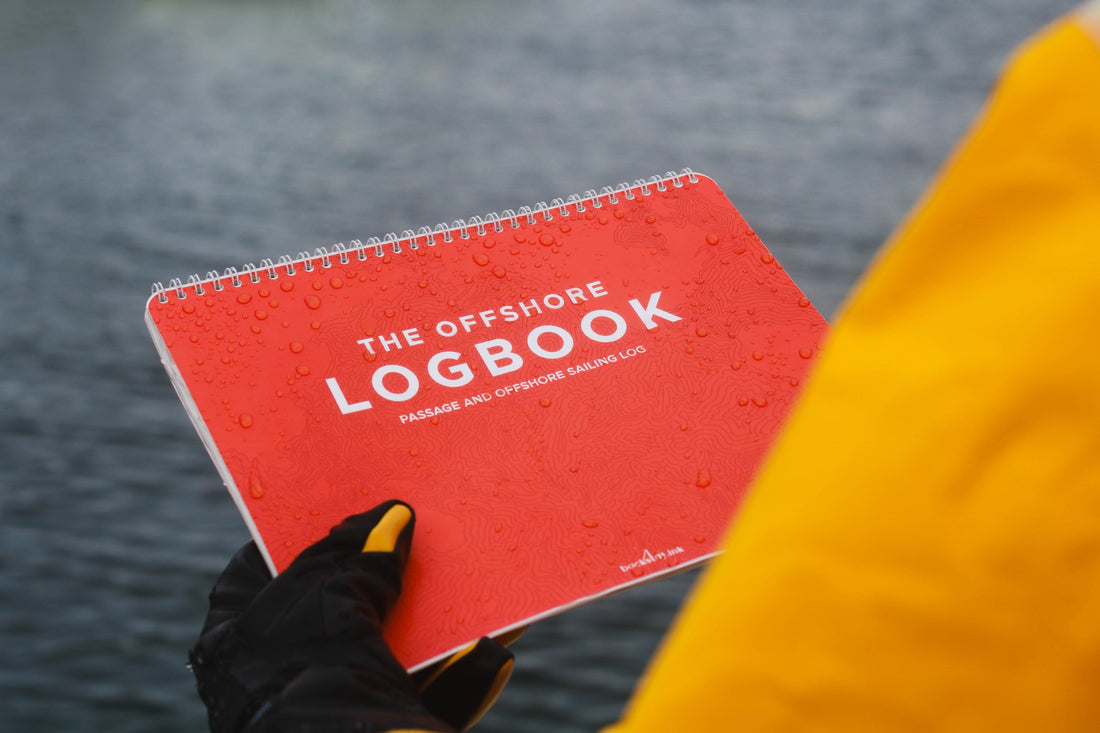Keeping a ship's log is crucial for any sailor, whether you're a seasoned captain or a novice seafarer. Your sailing logbook is not only a record of your journeys but also a valuable tool for safety, navigation, and planning. Here are some essential tips for taking care of your ship's log to ensure it remains accurate and reliable.
Use High-Quality Materials
Invest in a sailing logbook made of durable, high-quality materials that can withstand frequent use and handling. Opt for the ship's log with waterproof paper to prevent damage from water, salt, or humidity. This will ensure that your entries remain legible and intact, even in challenging weather conditions. Our Backstay All-weather and Offshore Logbooks are printed on waterproof paper, while the Cruising Logbook features thick and sturdy paper for lasting durability.
Store Properly
Store your ship's log in a safe and dry place when not in use to prevent damage. Consider using a protective cover or case to keep it secure and protected from the elements. Proper storage will prolong the life of your sailing logbook.
Dry Properly
If you sailing logbook gets wet, hang it and let it dry. Do not flip the pages to prevent the damage to the pages. Make sure the logbook is completely dry before storing it to prevent any moisture-related damage.
By following these essential tips for maintaining your ship's log, you can ensure that it remains a reliable and accurate record of your sailing adventures. Maintaining your boating log is a practical necessity and a means to preserve memories and experiences at sea.

